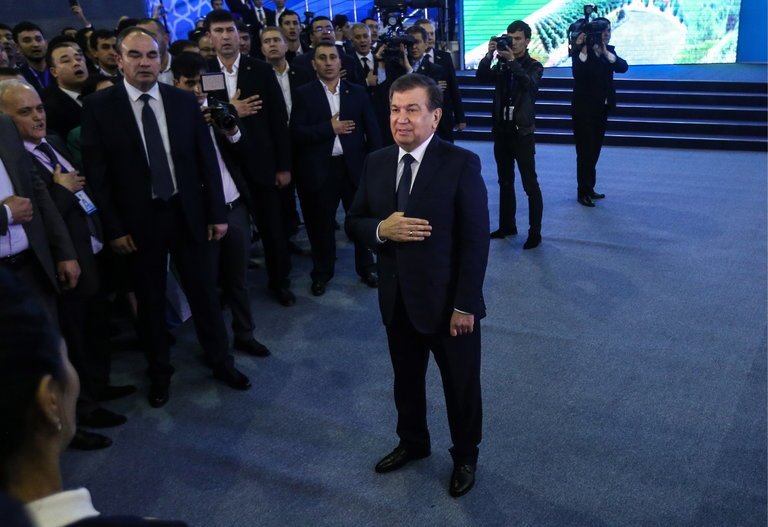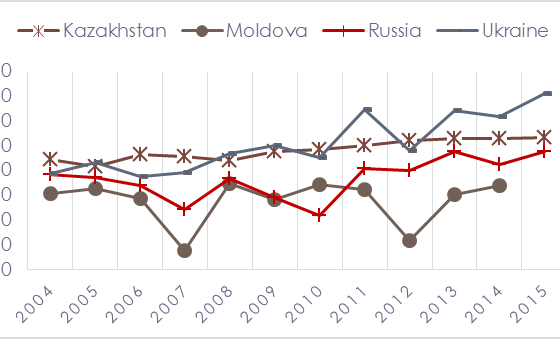(NYTimes) Uzbekistan — Muhammad Bekjanov, often called the world’s longest-imprisoned journalist, did 18 years of hard time in some of Uzbekistan’s most notorious prisons, with nicknames like “Goodbye to Youth.” He was a writer with never much hope for a happy ending to his own story.
“I was accused of insulting President Karimov,” he said, referring to Islam A. Karimov, the thin-skinned and iron-fisted former president of Uzbekistan, a strategically important country north of Afghanistan. In prison, Mr. Bekjanov lost his hearing in one ear and contracted tuberculosis. […]
“What is kind of fascinating is we don’t know the extent the current leadership wants to reform, how far they will go,” said Sean R. Roberts, a professor of international affairs at George Washington University and a close observer of Uzbekistan. “One of the characteristics of Uzbek politics is it is extremely opaque.”
Pressing economic woes seem to be part of the motivation. Uzbekistan, with a population of 34 million and a high birthrate, is unable to provide enough jobs for a bulging youth population, Mr. Roberts said.
“Economic concerns drove him to decide they had to delicately dismantle Karimov’s system,” he said of Mr. Mirziyoyev. “It’s possible they want enough reform to open their economy for foreign investment, without opening the political sphere.”
Still, Mr. Roberts said, Uzbekistan’s liberalization represents some of the first positive political news out of Central Asia in years. “It’s been quite some time,” he said. […]
Read More © The New York Times











